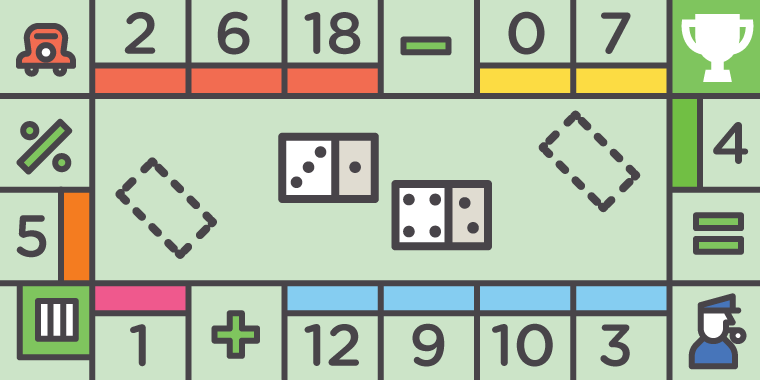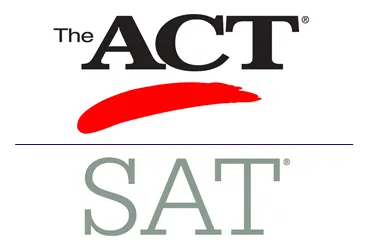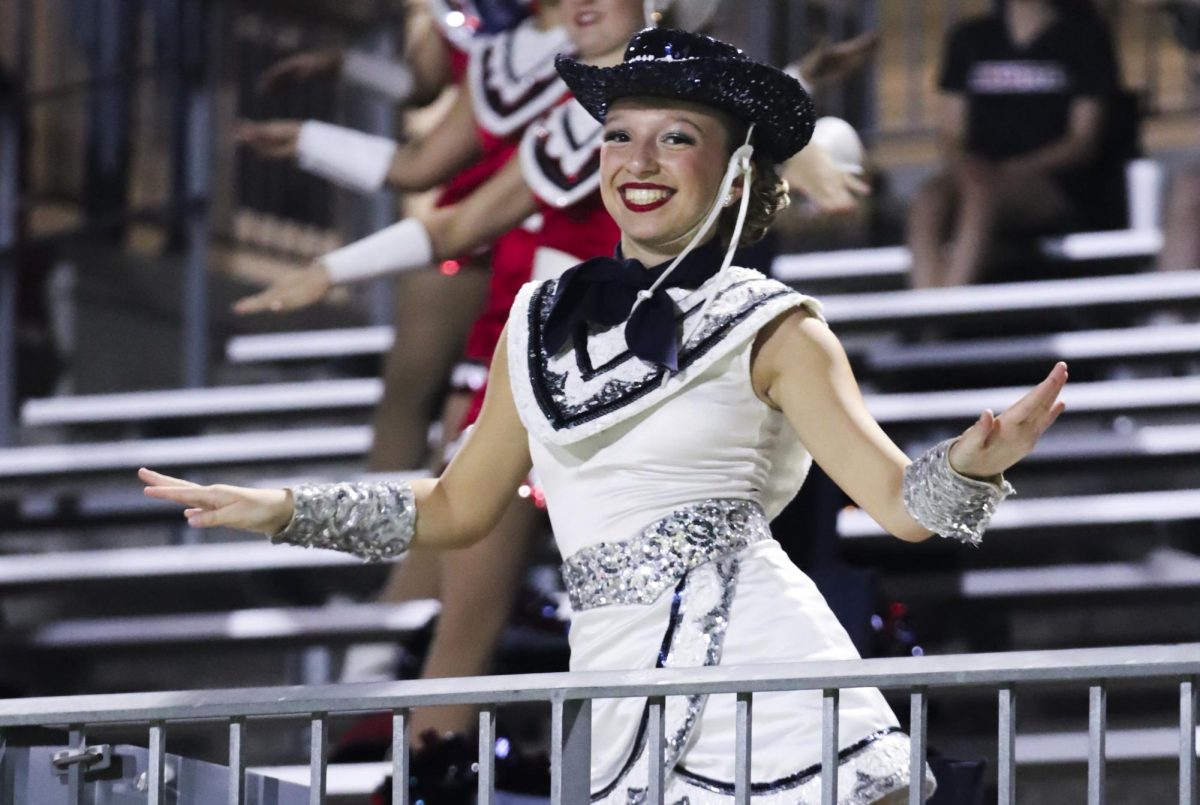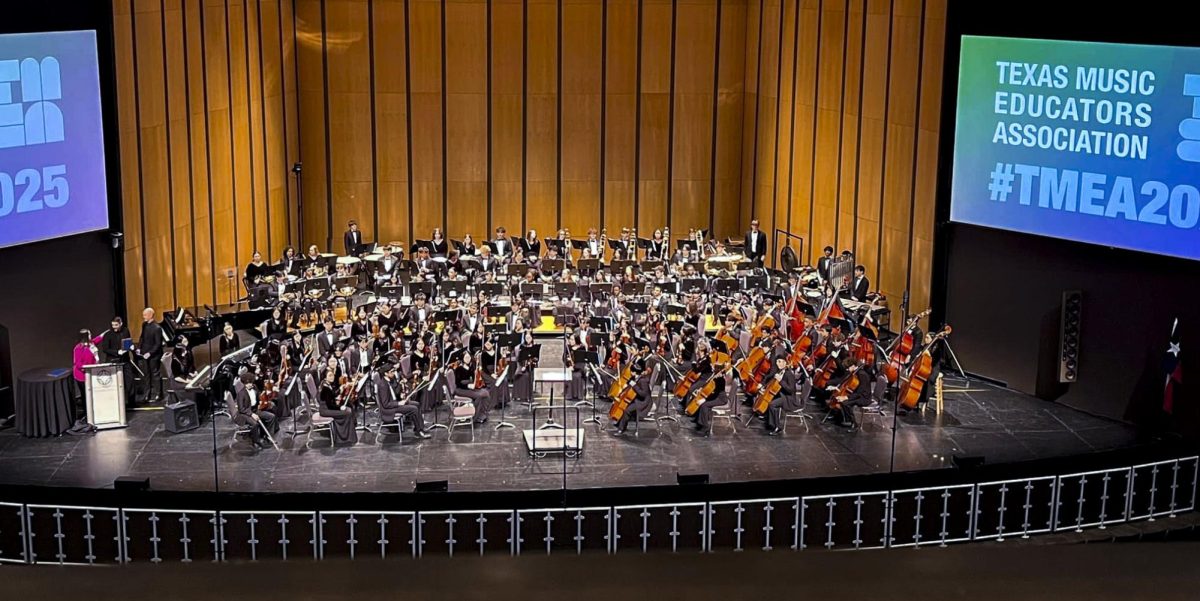A classroom filled with 20 or so students fills the hallway with laughter, even through a closed door. Matthew Rhodes’s class has been dubbed the ‘party central’ of the math hallway. Students look forward to hearing about the new game that they will be playing today as the bell rings for class to start. It happens to be May 4. The Star Wars theme blares over his speakers as Rhodes walks through his door. His black Darth Vader cape waves behind him as he swings a green lightsaber wildy, surprisingly not hitting any students. He points at the whiteboard located at the side of his classroom, and all his students turn to face it. They see a realistic drawing of R2D2 and BB8. Rhodes takes off his mask and announces the game: group effort, time racing, jeopardy game. Today is going to be an extra loud day in the math hallway. The competition in the air will be thick and heavy.
“In my background, I love competing. I will find a way to win, even if I have to understand some material along the way,” said Rhodes.
Students all learn in different ways. Some may want to do worksheets alone, play games, group stations, projects or hands on activities. Understanding this, Rhodes uses games to spark interests and create memories for his students to remember the material. He also uses games to help his students bond with one another.
“I create my games so that kids are involved in their own learning. People learn best when they do something. I make people happy so they focus and gain the feeling of self accomplishment,” said Rhodes.
Rhodes has a variety of games that he uses while he teaches, such as Kahoot, Minute to Win It, Battleship, Speed Dating and Quizizz. He usually picks a game the day of and does not let his students know till they walk into the room. He does this to “keep the kids on their toes”.
“Mr.Rhodes’s games help me learn more and understand the material better. The games engage me more and make me feel more into learning about the subject. His games are also very relating to the real world, so I can see when and why I may need to use what we are learning in class later in life.” said Mudra Rawal a sophomore in his algebra 2 class.
Although Rhodes’s classroom is filled with games and laughter during his class periods, some students are not doing the best in his class. This is because of many different reasons. Rhodes’s thoughts on the positive impact of games reflected in grades is different from some other teachers. He uses the graph below to justify why he uses games rather than teaching at the smartboard while the students are taking notes.
“Grades directly reflect your knowledge on the subject. The game is there to spark interest, ease the fear about math. Using the game creates a memory starter. A student’s grades go up when they understand fully the depth of the subject,” he said.











